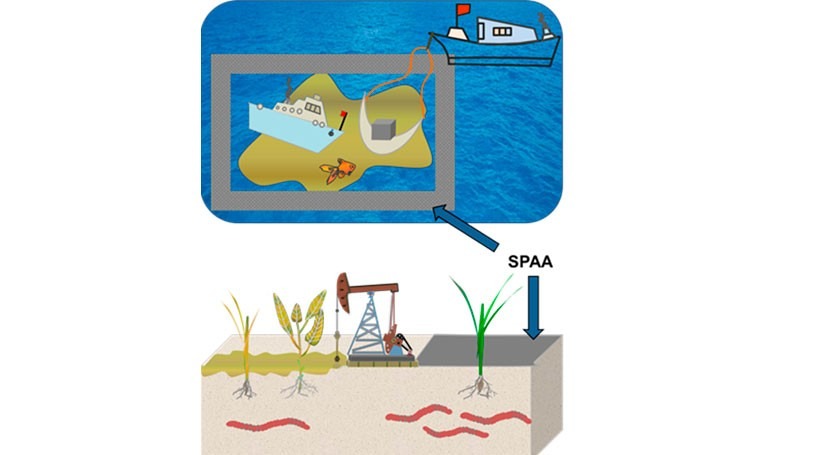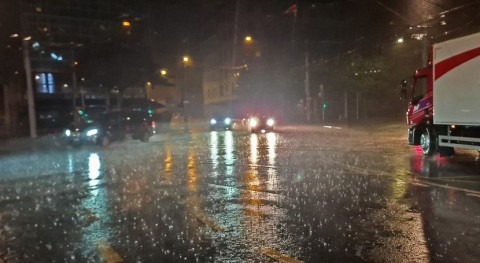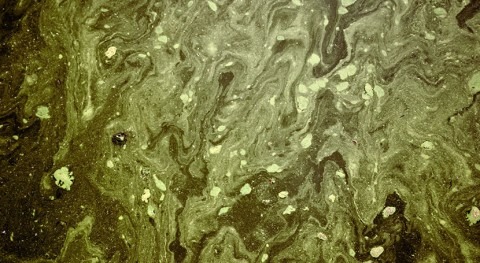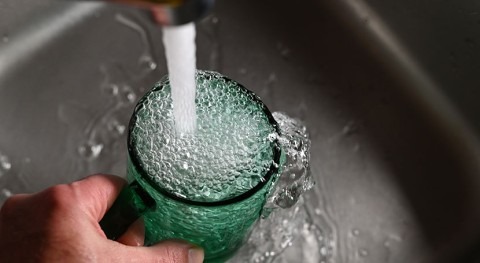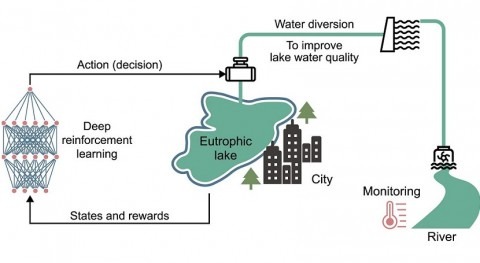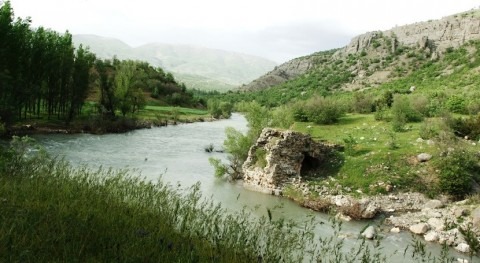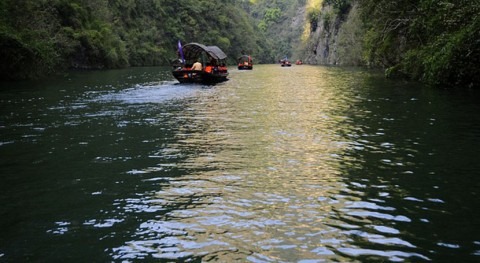Chinese scientist developed a hydrophobic nano sponge remove diesel fuel (DF) from contaminated water and soil.
This work was done by WU Zhengyan and his team in Institute of Technical Biology and Agriculture Engineering, Hefei Institutes of Physical Science.
DF-contamination remediation has aroused increasing concern in environmental field. In water, DF distributes mainly on the surface, which could decrease oxygen concentration and inhibit the growth of aquatic organisms as a result.
In soil, instead of surface, it distributes mainly in tillage layer (approximately 0-30 cm deep), causing harmful effects on soil permeability and growth of microorganisms, earthworms and crops. Worsely, DF contains approximately 35% aromatic hydrocarbons that are difficult to be degraded, thus it takes a very long time for natural remediation
The study has tackled the above problems by fabricating an environmentally-friendly, low cost, and simple-procedure adsorbent for DF.
In their work, nano sponge was modified by silylation of amino silicon oil and aminopropyltriethoxysilane to obtain hydrophobic nano sponge (SPAA).
This modified nano sponge could effectively control DF migration and then remove DF from water and soil through a hydrophobic siloxane group.
With this ability, it could decrease the negative effects of DF on growth of plants, earthworms, and fish. Importantly, DF could be easily desorbed from the nano sponge, which may realize the recycling of DF.
This work provides a promising approach to remediate DF contamination, making it potentially applicable in environmental and agricultural fields.
This research was supported by the Youth Innovation Promotion Association of Chinese Academy of Sciences, the Science and Technology Service Program of Chinese Academy of Sciences, the Key R&D Program of Ningxia Province, and the Environmental Protection Project of Anhui Province.


